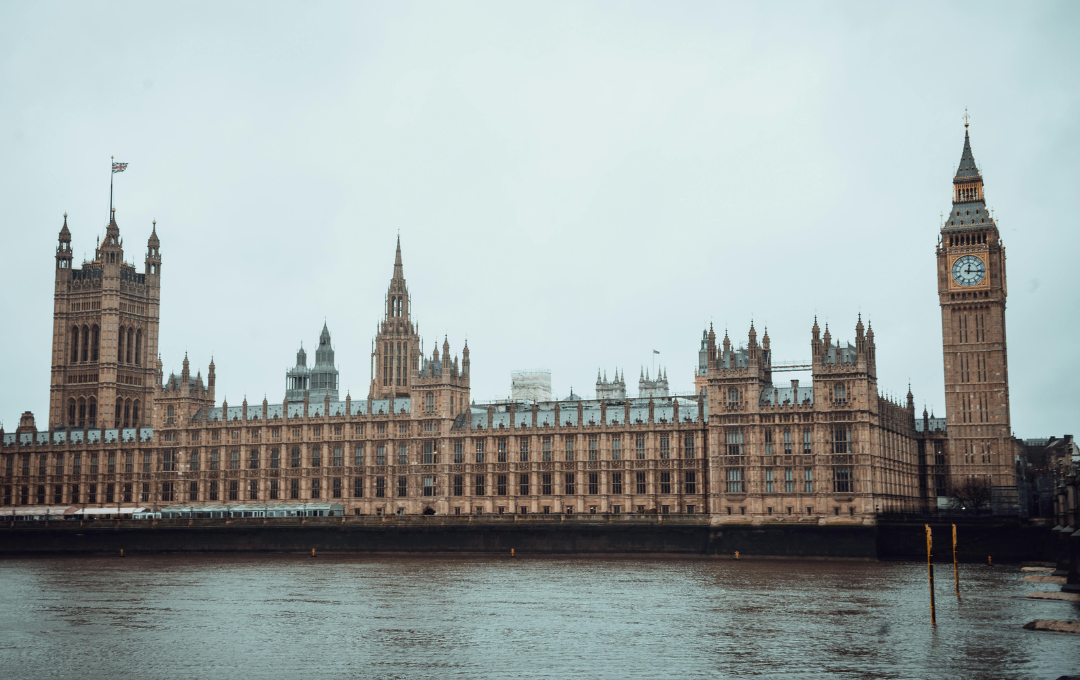
The government has launched its Small Business Plan which it believes will help small businesses to grow and encourage entrepreneurs to start businesses.
The plan recognises that small businesses make a vital contribution to the economy, employing 60% of the UK’s workforce and generating £2.8 trillion in turnover.
Here is a breakdown of some of the key measures and how they may impact your business.
Could This Be the End of Late Payments?
Likely not, however the government is promising the toughest late payment legislation in the G7.
They plan to introduce: - A legal requirement for large businesses to pay within 60 days, moving to 45 days over time. - Mandatory interest charges on late payments. - Greater powers for the Small Business Commissioner, including the ability to fine persistent offenders and carry out spot checks. - Audit committees to be legally obliged to scrutinise payment practices.
These reforms could ease cashflow pressures for you and reduce the amount of time spent chasing invoice payment.
Better Access to Finance
The plan includes several measures that could increase access to finance, including: - 69,000 Start-Up Loans, paired with business mentoring. - A £3 billion boost to the British Business Bank to help more lenders offer loans. - £340 million in regional equity investment to help entrepreneurs across the UK. - A new Code of Conduct on personal guarantees for government-backed loans.
These changes could mean that there will be more routes to affordable finance.
Cutting Red Tape
The plan promises to make a 25% cut in regulatory admin costs, and to make reforms to the tax and customs system to make things simpler and quicker.
Any time saved on compliance and admin means more time for growing your business.
Other Measures
Other measures included in the plan include targeted support for high street businesses, education and training for the next generation of entrepreneurs, and helping businesses to take advantage of additional opportunities at home and abroad.
To review the Small Business Plan in full, see: https://www.gov.uk/government/publications/backing-your-business-our-plan-for-small-and-medium-sized-businesses

The Disclosure and Barring Service (DBS) has launched a new weekly podcast series, ‘DBS discussions: Safeguarding in Focus,’ aimed at employers, HR teams and anyone working in safeguarding.

HM Revenue & Customs has started using GOV.UK One Login for taxpayers signing up to its digital services for the first time.

